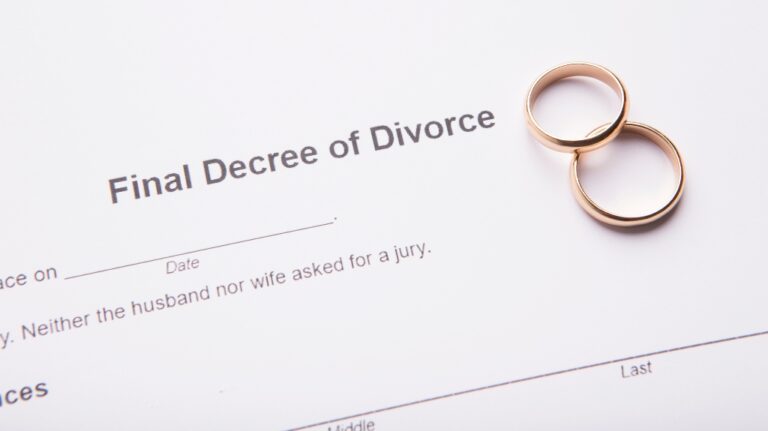
Dividing assets in a divorce is never easy. Things can get complicated when you add in the task of splitting retirement accounts. The Golden State follows community property laws, and these accounts are considered marital assets.
Here is what you need to know about how retirement accounts are divided in California and how it can affect you.
Community Property vs. Separate Property
In California, the law separates property into two categories:
Community Property
This property includes any money contributed to a retirement account during the marriage. This starts from the wedding date to the date of separation. Since California is a community property state, contributions are split 50/50 between both spouses in a divorce.
Separate Property
Any contributions made before the marriage or after separation are considered separate property. In short, they belong to the person who made them. However, it can get more complicated if a retirement account includes community and separate property contributions.
How Different Types of Retirement Accounts Are Divided
Not all retirement accounts are the same. How they get split depends on the plan you or your spouse have.
401(k)s and 403(b)s
These employer-sponsored plans grow based on contributions and investment returns. You will need a Qualified Domestic Relations Order (QDRO) to divide these accounts. A QDRO is a special court order. This tells the plan administrator how to split the funds between spouses.
With a QDRO in place, the non-employee spouse can:
- Roll over their share into their own retirement account. This can avoid immediate taxes or penalties.
- Take a lump sum, but this could come with tax consequences.
Pensions
California courts usually divide pensions using a time rule formula. This calculates how much pension was earned during the marriage versus before or after.
For example, if your spouse worked at a company for 20 years but was only married to you for 10, you may be entitled to half of the pension earned during those 10 years.

IRAs (Individual Retirement Accounts)
IRAs count as community property if contributions were made during the marriage. These are divided through a transfer incident to divorce. This allows the funds to be moved from one spouse’s account to the other’s without triggering taxes or penalties.
However, if you decide to cash out your portion rather than transfer it to another IRA, you may have to pay income taxes and early withdrawal penalties.
Military and Government Pensions
If you were married for at least 10 years, which overlaps with military service, you may be entitled to a portion of the military pension under the Uniformed Services Former Spouses’ Protection Act (USFSPA).
Federal government pensions, such as the Federal Employees Retirement System or Civil Service Retirement System, have their own rules for dividing assets.
Ways to Divide Retirement Accounts in a Divorce
There are several ways to handle these assets. You may opt for a direct split. With that, the retirement account is divided between the two spouses.
Another option is an asset offset. Instead of dividing the retirement account, one spouse keeps it. However, the other gets something else of equal value, such as a marital home or a cash settlement.
There is also the buyout option. In this case, one spouse pays the other a lump sum to compensate for their share of the retirement funds.
Each option has pros and cons. You will want to work with your California divorce attorney to find the best solution for your situation.
Protecting Your Future
Now that you know how retirement accounts are divided in California divorces, you can make plans for your financial future. Careful planning and expert guidance can make a big difference during this time.
If you’re going through a divorce, reach out to Roberts & Zatlin Law Office. Our team can help get you answers for your retirement accounts. To schedule a consultation and receive a free initial assessment of your case, please call (951) 381-8147 today.






